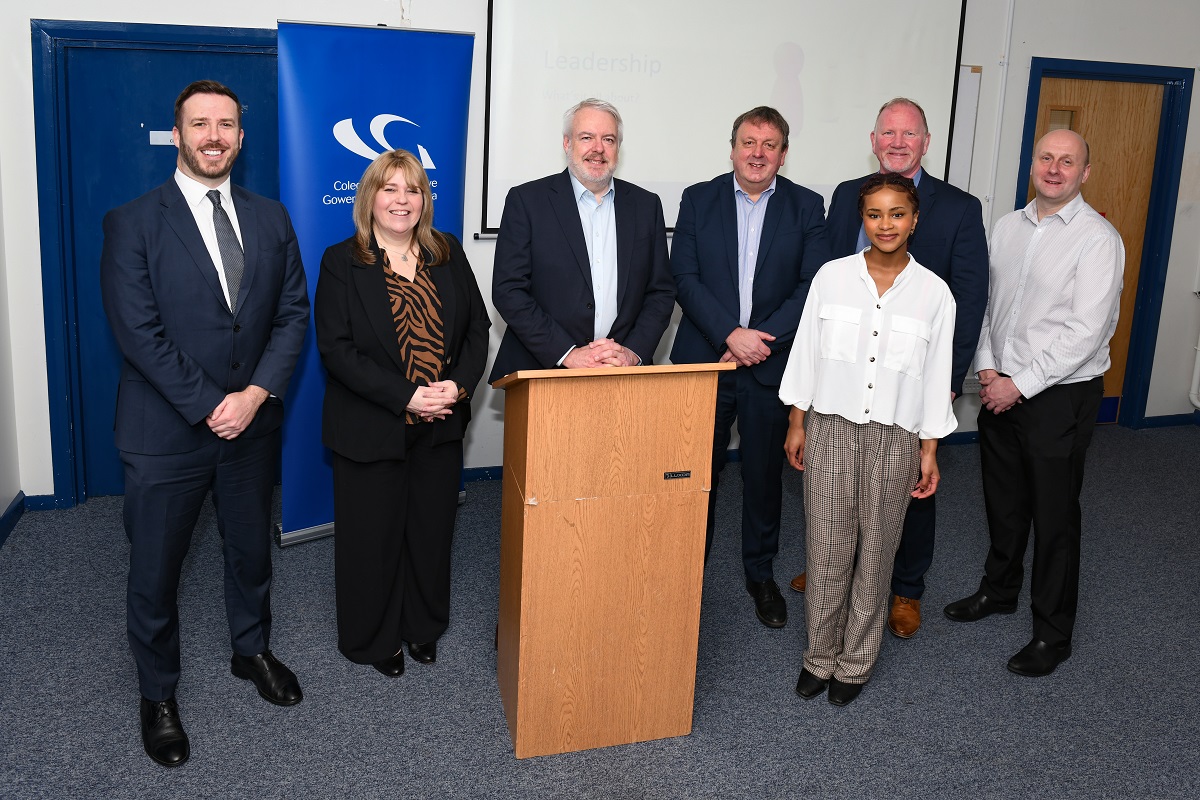New curriculum resources: a gamechanger for ESD

Why is the curriculum so imperative to changing the way educators approach sustainability? In my previous article for FE News, I outlined how sustainability mustn’t purely sit in the realm of science and geography learners. It needs to be embedded into every subject and organisation.
But with a post-pandemic sector that is already stretched to capacity with reports of the highest number of sector staff vacancies recorded in two decades, educators told us the challenge they face in enhancing their sustainable education offer is tangible. The Education and Training Foundation (ETF) recognised there was a gap in support for education providers. We have developed new resources to help educators quickly and effectively expand the sustainability content of their teaching, without changing the qualifications they use.
Game-changing resources by the ETF
After a period of extensive research – including round-table discussions and direct feedback from educators, learners and partners – we have developed three resources that aim to support FE and Training providers to reform their curricula. These resources are: a Subject Specialism Guide, a Teaching Sustainability Tool and a Map the Curriculum Tool.
Subject Specialism Guide
This guide has been created for educators, trainers and practitioners to draw parallels between their subject area and sustainable development. In longitudinal research into Sustainability Skills undertaken by SOS-UK, learners report they don’t want to learn about sustainability and their subject separately, but instead want to see sustainability built into existing course content.
This guide encourages educators to explore sustainability content that could be brought into their teaching and learning practice, so they can contextualise sustainability in their subject in a way that’s up to date, relevant and practical. From hairdressing to animal care, this guide offers prompts and suggestions of sustainability topics that relate to the subject area so the content is relevant to the core subject.
Of course, there is no set framework for sustainable practice, nor is this a definitive list. The guide is intended to provide inspiration and ideas, which educators can grow and develop. It contains subject prompts, case studies and signposts to specialist resources. We’re committed to keeping it up to date as we discover new information and resources, and receive feedback from practitioners and providers across the country.
Teaching Sustainability Tool
Research shows that ESD is delivered best when it’s clear how sustainability relates to the core subject area – embedded and contextualised within a subject rather than delivered as a separate, standalone topic.
However, as the ETF’s report on Leadership for ESD in the FE Curriculum cites, less than one in 200 learners in the FE and Training sector are studying on a course with explicit ESD content. Given the volume of qualifications used by the sector, whole-system curriculum reform is going to take time.
Despite this, many providers want to provide opportunities to develop learners’ sustainability expertise and are seeking shorter-term solutions. These include stand-alone qualifications, which can often be more rapidly offered to learners whilst longer-term, systemic change to embed ESD across the curriculum landscape is underway. Providers are also looking at how to complement their existing qualifications with something that enhances their ESD provision. Many are adding explicit sustainability qualifications to their portfolio – to complement other courses to ensure learners have access to quality ESD. Alongside this, many awarding organisations are developing new sustainability qualifications.
The Teaching Sustainability Tool is essentially a list of available qualifications that have sustainability as their primary topic. This is to help educators, curriculum leaders and managers in the FE and Training sector see what qualifications are available for them and search this data to find the right courses for them and their learners. New courses and qualifications are constantly being developed by awarding organisations, so we will review this twice a year to ensure it is up to date.
Map the Curriculum tool
The ETF has developed the Map the Curriculum tool to offer a baseline for ESD provision in a provider’s curriculum. The tool will help providers to collect and analyse their own data, specifically on where they are currently including sustainability topics and skills in their provision, where there might be gaps, and how they might improve. We want to encourage providers to share good practice and identify further opportunities for embedding ESD across their provision.
From our research, we understood that providers lacked a way to measure their ESD provision or report on progress, so we have included this feature within the tool. This could be used at a whole-institution, departmental or course level, depending on who is using the tool. Enough flexibility is built in to make the tool useful to individuals as well as teams and organisations.
Using these resources
The ETF advocates whole-institution approaches, ensuring that all learners become sustainability learners. The core purpose of FE and Training sector organisations is to provide education and training. To achieve the maximum impact with their sustainability work, a focus on the curriculum is vital.
Many FE and Training sector providers can use one or all of these resources as they see fit – there is no one-size-fits-all approach to enhancing ESD. This is, we hope, just the beginning in terms of the creation of resources and support that help providers to enhance ESD in the curriculum. They have been designed to offer enough support and inspiration for educators to shape their own resources for the future.
If you have an experience of embedding ESD into your curriculum that you’d like to share, or need support with your ESD work, please do get in touch.
By Charlotte Bonner, National Head of Education for Sustainable Development at the Education and Training Foundation (ETF)












Responses